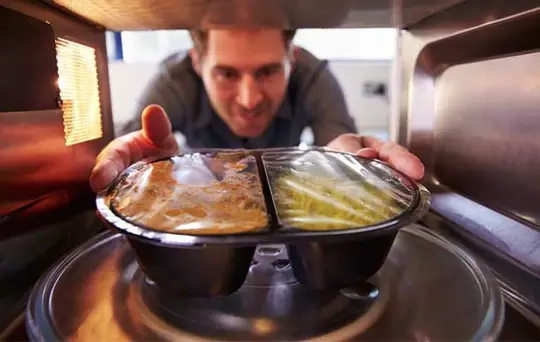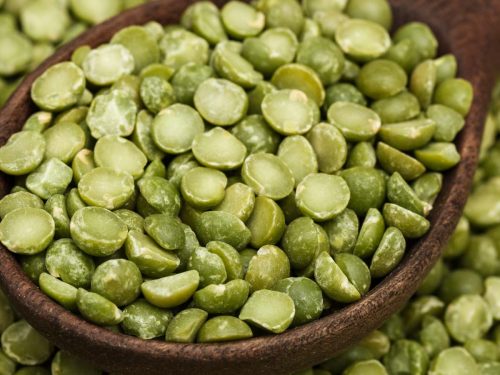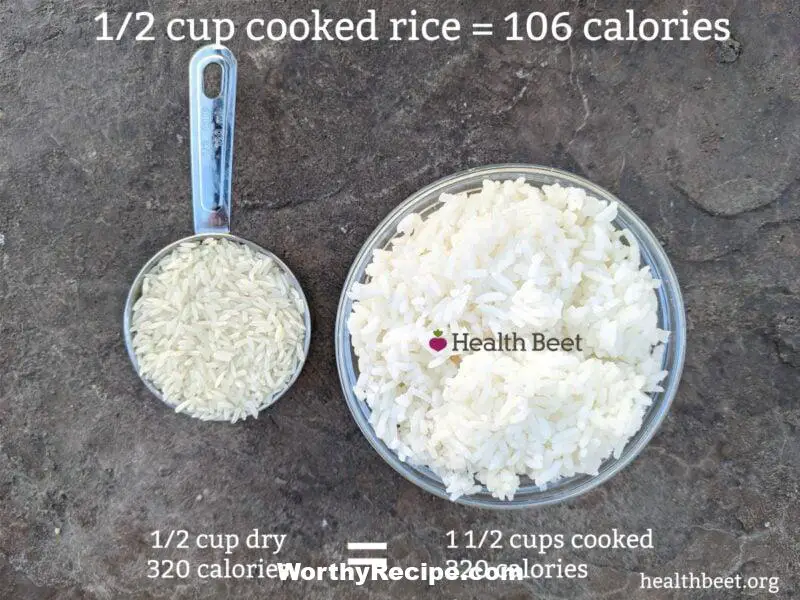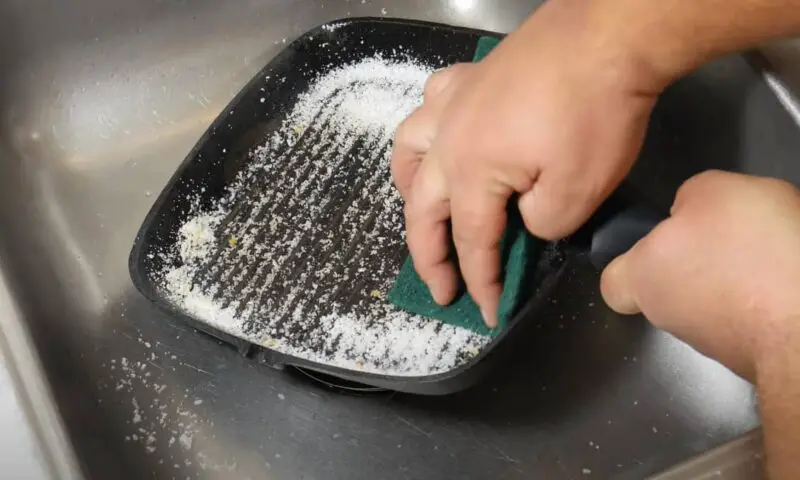Why Cooking is Important in Our Daily Life
Cooking is a fundamental aspect of human life, and it has been around for centuries. It involves preparing food using specific techniques such as boiling, frying, baking, or grilling to create meals that nourish our bodies. Cooking is a crucial daily activity that has numerous health, financial, social, psychological, and cultural benefits. Despite the many advantages of cooking, some people tend to shy away from doing it, often with reasons ranging from lack of time to not knowing how to cook. This article will explore in detail why cooking is essential in our daily life and provide solutions to some common challenges faced when cooking.
Health Benefits of Cooking
Eating healthy and balanced meals is a vital component of maintaining good health. One way to achieve this is by cooking fresh and nutrient-dense foods. The process of cooking allows you to control the ingredients used in your meals, thus minimizing the intake of harmful substances such as sodium, saturated fats, and artificial preservatives. Home-cooked meals are generally healthier than fast foods or takeouts which tend to be high in calories and fat content.
Cooking also allows you to create meals that are proportioned according to your needs. Restaurants often serve enormous portions that can lead to overeating and contribute to weight gain and obesity. Cooking at home lets you control the ingredient sizes, resulting in meals with appropriate calorie counts that help you maintain a healthy weight.
Examples of Health Benefits Derived from Cooking at Home:
- Your diet becomes more balanced when preparing your own food daily.
- Your overall calorie-intake reduces since homemade foods have fewer calories than store-bought ones.
- You have total control over your food’s nutritional content.
- You can make your meals healthier by adding vegetables or reducing the amount of oil used in preparing your meals.
Financial Benefits of Cooking
Cooking at home helps you save money while still enjoying delicious, healthy meals. When eating out or ordering food, you tend to spend more money than you would when cooking at home since these options often have a premium price attached to them due to the added convenience.
When buying ingredients in bulk, the cost per unit is often lower than when buying smaller quantities at a time, lowering your overall food expenditure. Cooking also allows you to plan ahead and avoid waste since you can purchase exactly the amounts required for each meal. This reduces your grocery expenses in the long run while still providing delicious and nutritious meals for you and your family.
Examples of Financial Benefits Derived from Cooking at Home:
- Cooking at home saves you a considerable amount of money on restaurant bills
- Purchasing ingredients in bulk results in bulk-buy savings.
- Creating weekly meal plans helps you save by avoiding wastage of food and groceries.
- You save on transportation costs since you only need to go out shopping sometimes compared to frequent visits to restaurants and eating joints.
Social Benefits of Cooking
Cooking is not just about creating nourishing meals for oneself but also for one’s family, friends, and even the local community. Sharing home-cooked meals is an age-old tradition that brings people together, fosters human connection, and strengthens existing relationships.
Furthermore, cooking encourages socializing skills such as communication, empathy, and collaboration. Preparing a meal together with others allows us to practice working in harmony towards a common goal and appreciate the act of creating something as a group effort.
Examples of Social Benefits Derived from Cooking at Home:
- Cooking dinner allows family members to spend more quality time together, strengthening existing relationships.
- You can participate in regular potluck dinners with neighbors, which brings the whole community together.
- You can organize regular cooking parties at home where guests are taught how to cook or prepare new recipes together with others.
- Cooking workshops help new people integrate into society without feeling isolated.
Psychological Benefits of Cooking
Cooking is said to be therapeutic and a great stress reliever. The rhythm of measuring, chopping, and stirring helps you focus on something other than your worries, and the aromas create an immersive sensory experience that engages your senses. The mere fact of engaging in a creative process can lift your spirits and contribute to improving your overall sense of well-being.
Moreover, cooking encourages us to be mindful and helps develop our creativity. We need to be present during meal preparation since missing ingredients or overcooking the food can negatively impact the end-product. By being engaged in the process, we stimulate our minds and sharpen our focus even beyond the kitchen when we apply these skills elsewhere.
Examples of Psychological Benefits Derived from Cooking at Home:
- Through experimentation, research, and perfecting new recipes, individuals expand creative horizons
- The act of cooking shifts focus away from stressors because it uses various senses such as taste, smell and touch etc., to stimulate your brain positively
- Cooking allows you to see progress as skills improve daily
Developing Culinary Skills through Cooking
Cooking is a skill that lends itself to continuous development over time. Through regular practice and experimentation, one can learn new techniques, explore different ingredients and flavors, and expand their culinary repertoire. The knowledge gained through cooking also translates into other areas of life, such as planning, organization, time management, and patience.
Beyond being a fun hobby or passion, cooking helps individuals expand their knowledge base on nutrition and have a better understanding of the food industry. It also shapes how they view food waste as they make calculated savings through meal planning and portion control.
Examples of Skills Developed During Cooking:
- Planning ahead by prepping meals in advance
- Creativity skills when constructing new recipes with ingredients available in your pantry
- Meticulous attention to detail by ensuring correct measurements and timing
- Time-management when putting together complex dishes with multiple steps
Sustainability through Cooking
Cooking contributes to reducing our carbon footprint when it encourages informed choices about buying ingredients. Individuals who opt for locally sourced foods reduce their carbon footprint since this supply chain reduces transportation emissions compared to long-distance imports from global markets.
Cooking also contributes to environmental sustainability by reducing plastic waste we contribute to the system when we opt for cooking at home. Rather than using single-use takeout containers or utensils, home-cooked meals are often served on reusable plates or packed in long-lasting containers.
Examples of Sustainable Practices Derived from Cooking at Home:
- Avoidance of using supermarket plastics bags for shopping or pre-packaged foods for preparing meals
- Selecting locally-sourced organic produce enhances the sustainability in the supply chain
- Being mindful of cutting down on energy usage in the cooking process through efficient kitchen appliances, such as using a microwave oven (which uses less energy).
Preserving Culture through Traditional Cuisine & Home-Cooking
Home-cooked meals are often associated with cultural traditions and provide individuals with a way of maintaining those practices while passing them down to future generations. Preparing traditional dishes is an essential aspect of preserving culture, and sharing this knowledge through home cooking ensures that these legacies will remain alive for years to come.
Traditional recipes are typically prepared from locally sourced ingredients or regional cuisines, leading to an element of sustainability in the food industry by promoting demand for local produce.
Examples of Benefits Derived from Preserving Culture through Cooking:
- It helps pass on cultural heritage and traditions from one generation to another.
- Sharing your culinary backgrounds by preparing local delicacies promotes cross-culture networking.
- Prompting others to try traditional cuisine will raise awareness of diverse cultures.
Barriers to Cooking & Solutions
Cooking can be intimidating, particularly if you are not familiar with certain recipes or techniques, and it can be challenging to find time to prepare meals regularly. However, several solutions make home-cooking manageable and enjoyable:
- Create weekly meal plans involving simple dishes that take little time but offer great nutrition
- Increase cooking skills by taking up cooking courses or workshops
- Hiring meal prep services such as private chefs or remote chefs who prepare meals according to your preferences
- Cooking break days where family members can cook together and switch up the roles to make it fun.
Conclusion
Cooking is an essential aspect of daily life, having multiple benefits that contribute to a healthier, sustainable, and financially savvy lifestyle. By preparing meals at home, we gain more control over what we eat, develop valuable skills, foster social connections as well as enjoy the creative process. Therefore, setting aside time for culinary practice is an excellent way to invest in our physical, mental and emotional well-being while indulging in delicious homemade food.
Why is cooking important in our daily life?
Cooking is an essential life skill that we need to master for our daily survival. Here are some reasons why cooking is important:
How does cooking benefit us?
Cooking not only fills our bellies but also provides numerous benefits such as improving our mental health by reducing stress, promoting creativity and relaxation, and giving us a sense of accomplishment.
Can cooking help save money?
Definitely! Cooking at home instead of eating out can save us a lot of money in the long run. We can also cut down on wastage by using up leftover ingredients and planning meals in advance.
What are some easy ways to start cooking at home?
Starting small is the key to success. Begin by learning basic recipes, investing in quality cookware and kitchen tools, and practicing good hygiene. Make cooking a fun activity by involving family and friends, trying new cuisines, and experimenting with flavors.






